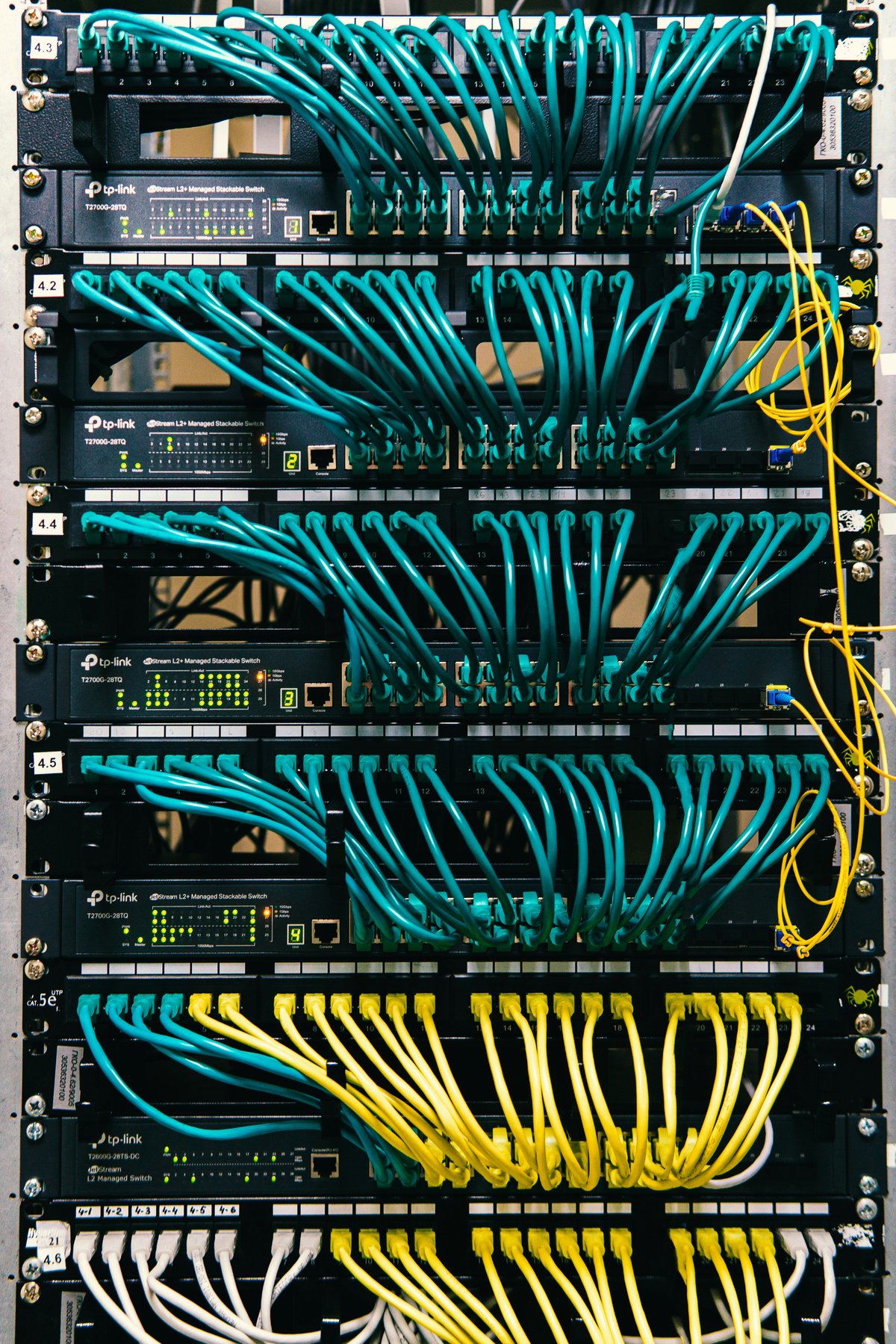The business blog
Why enterprises are replacing hardware-based eCDNs with software-first video delivery

The problem with legacy hardware-based technology
Legacy video communication platforms and eCDNs rely on physical appliances installed in offices, a model that doesn't scale with today's hybrid work environment:
- Most enterprises operate in a hybrid model
- Hardware-based eCDNs were designed for on-premises delivery (video caching and routing), not for remote users, VPN traffic, or dynamic site growth
- Each new site requires physical provisioning, shipping delays, and on-site IT coordination
- An issue with a local server can quickly escalate to event failure unless quickly mitigated physically on-site
Some of the pain points with this setup include:
- Static infrastructure that’s inflexible and expensive to scale once deployed
- Maintenance requires ongoing support, firmware updates, and IT resources
- Limited real-time diagnostics and issue resolution capabilities
- Multicast fails in many hybrid setups and remote offices, especially in VPN-split tunneling environments
Consequences:
- Limited reach and inconsistent video performance
- Communication failure and compromised messaging impact
- Excessive maintenance overhead, especially during large-scale, time-critical events
Types of eCDN technology compared
|
eCDN type |
How it works |
Pros |
Cons |
|
Multicast |
Distributes video via a single stream inside LAN |
Bandwidth-efficient inside LAN |
Requires network config, fails over VPN |
|
Caching |
Deploys edge appliances to store video temporarily |
Reduces WAN usage |
Hardware cost, no real-time delivery |
|
P2P (Hive) |
Viewers share video segments locally in real time |
Software-only, dynamic, scalable |
Works directly inside of browser, no hardware or software installation required |
Software can scale where hardware can’t
Deployment:
- Software eCDNs can be rolled out in under 24 hours, compared to 4–6 weeks for hardware-based systems
- Fully remote deployment via endpoint clients or browser-based overlays
Scalability:
- Add 1,000+ users or new sites with zero manual provisioning
- Supports both on-premises and remote users with equal efficiency
Maintenance & operations:
- No firmware updates or physical diagnostics.
- One platform update improves performance globally.
|
Metric |
Hardware-based eCDN |
Software-based eCDN |
|
Deployment time |
4–6 weeks |
< 1 day |
|
Remote user support |
Limited |
Native support |
|
New site setup |
Manual, on-site |
Remote, automatic |
|
Ongoing maintenance |
High |
Minimal |
|
Event visibility |
Delayed logs |
Real-time analytics |
|
IT resourcing |
Local hands required to mitigate hardware risks |
Centralized ops |
Why Hive P2P eCDN is built for the modern enterprise
Continuous innovation
Hive eCDN is the result of sustained focus on innovation: we invest a significant part of our revenue in R&D and consistently roll out new products and features, with 100+ technology patent registered across the world.
Our peer-based technology continuously evolves to meet the demands of distributed, hybrid-first organizations without adding complexity or overhead.
True scalability without bottlenecks
Unlike legacy hardware-based solutions, Hive’s software-defined architecture scales automatically with your audience. More viewers actually strengthen the network – no risk of a single point of failure, no need for manual capacity planning.
Multiplatform support
Hive eCDN is platform-agnostic. While some eCDN solutions only work in combination with a specific video communication platform, Hive is integrated with all major enterprise platforms and supports the use of multiple at the same time.
Plug and play, no installation required
With no hardware to maintain or patch, Hive minimizes IT effort. The Hive VX Plugin works automatically inside WebRTC-compatible browsers. No software installation is required, but an installable VX Agent is available for advanced functionality.
Enterprise-grade support you can count on
With Hive, support doesn’t stop at onboarding. We actively maintain and optimize the platform, releasing security patches and enhancements as your environment evolves. No waiting. No finger-pointing. Just answers, fast.
Real-time control and visibility
Even the most robust eCDN solution can’t prevent unexpected issues from arising. With add-on products like Control the Event, video services teams can get real-time alerts, minute-by-minute performance insights, and the ability to troubleshoot on the fly, before small issues become major disruptions.
No single point of failure
Unlike some eCDN models that rely on a fixed node or server cluster, Hive distributes load dynamically across the network: there’s no single server, device or connection whose failure would lead to stream interruption.
Security and privacy by design
Hive’s peer-to-peer communication is encrypted, authenticated, and fully contained within your enterprise perimeter. Content never leaks out. Unlike server-dependent platforms, there’s no external attack surface or third-party reliance.
Enterprises can no longer afford:
- Network outages during high-stakes events
- Weeks of lead time to configure new sites
- Analytics that arrive days after the fact
Hive solves all of this without requiring infrastructure overhaul. It’s modern delivery for modern video communication.
Future-proof your enterprise video delivery
Hive Streaming delivers video via a fully software-based eCDN that optimizes bandwidth usage dynamically, regardless of network topology. No proprietary hardware. No multicast configuration. No site-based server risk or complexity.
Contact us today to find out how you can make the switch from hardware to software and modernize your approach to internal video communication.
-1%20(1).jpg?width=100&name=MicrosoftTeams-image%20(3)-1%20(1).jpg)